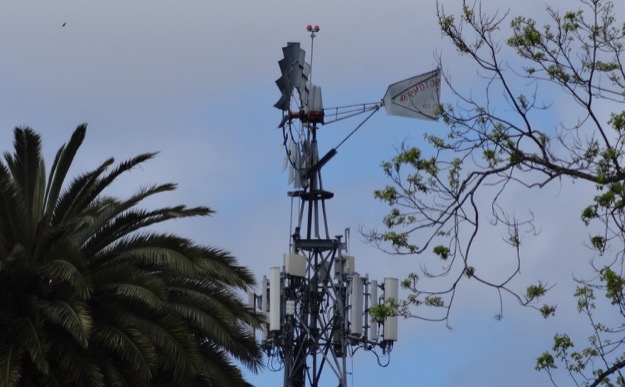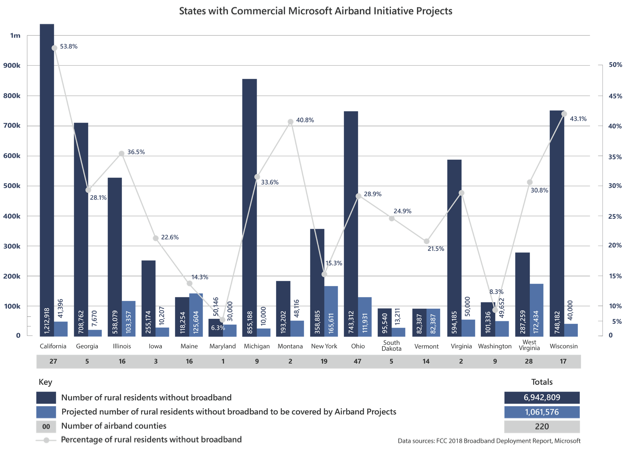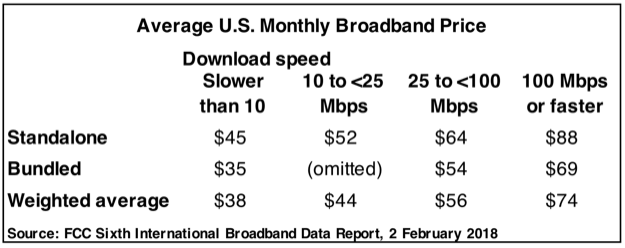Pai promises $20 billion for rural broadband, but offers little hope for meaningful change
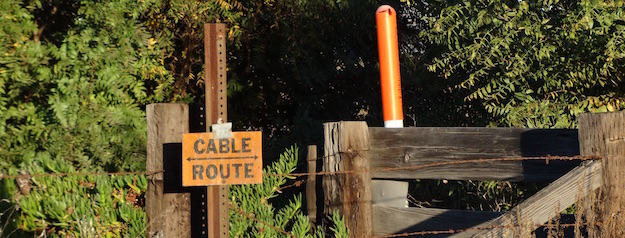
It makes for good headlines for a slow Friday at the white house, but so far that’s about all that’s resulted from a $20 billion pledge to support rural broadband development. Federal Communications Commission chair Ajit Pai joined president Donald Trump to hype 5G plans and spectrum auctions, and tossed in a new rural broadband initiative at the end.
Sorta.
Pai’s “Rural Digital Opportunity Fund” is just the next reboot of the long standing Connect America Fund (CAF) subsidy program, that similarly poured billions of dollars into rural broadband projects, according to a story by Jon Brodkin in Ars Technica…
… MoreThe new program will be part of the Universal Service Fund (USF), and it will be similar to an existing USF program that began during the Obama administration.

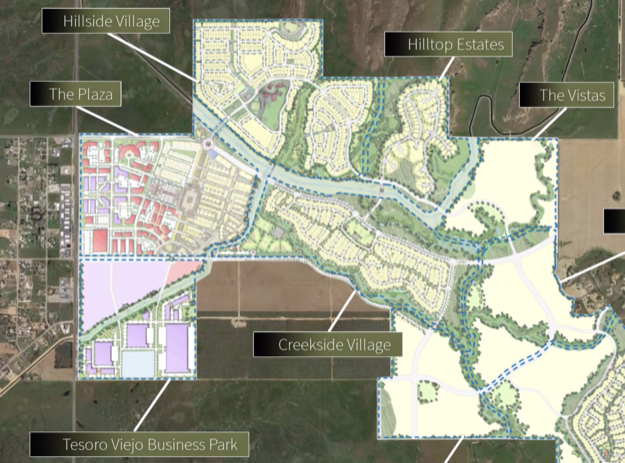
![By Crossroadsphototeam (cherry_picking_201127) [CC BY 2.0 (https://creativecommons.org/licenses/by/2.0)], via Wikimedia Commons](https://www.tellusventure.com/images/2017/11/cherry_pick.jpg)



